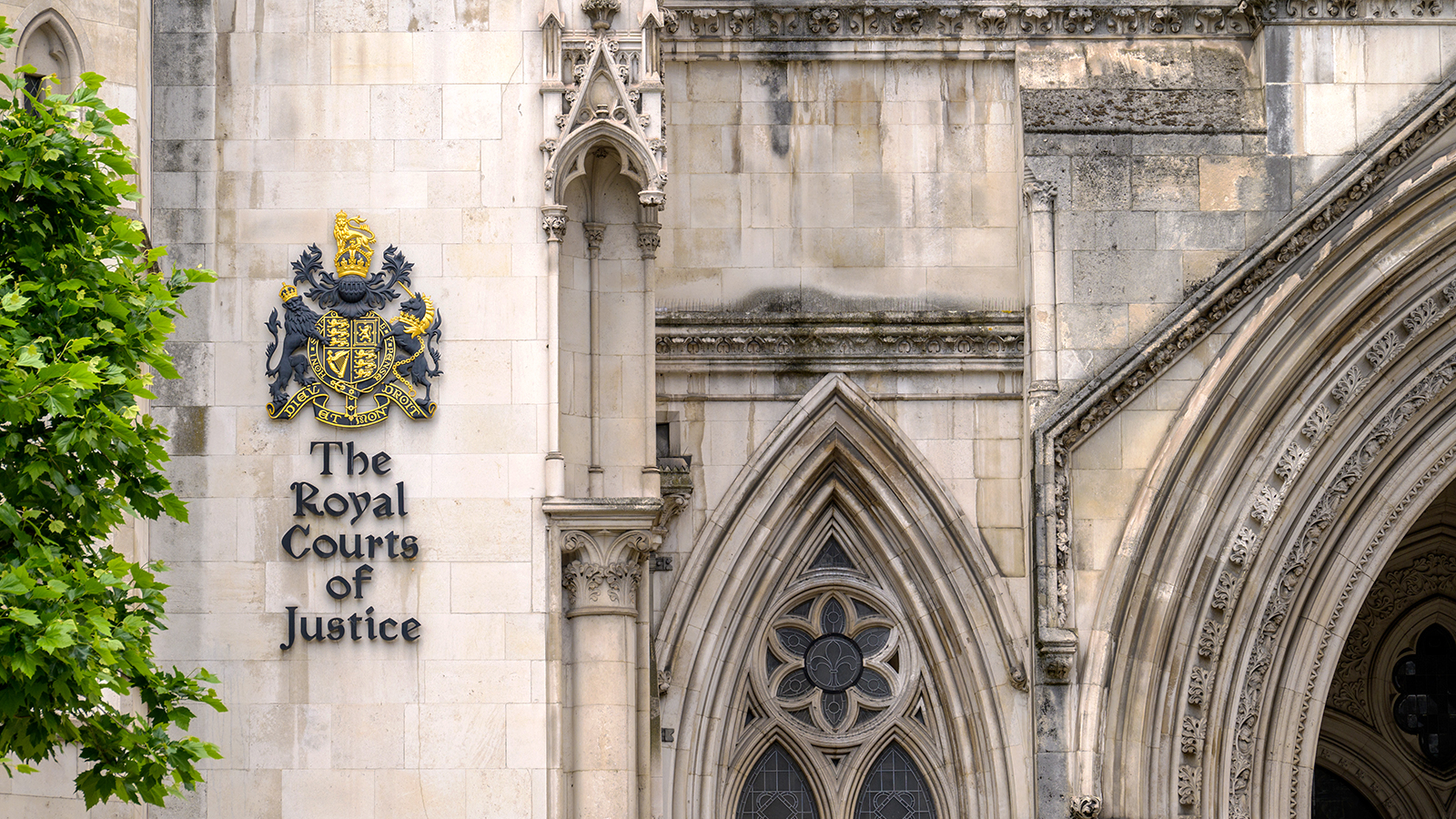HyNot has lodged an appeal against the refusal of its application to seek a judicial review of the government decision to allow captured carbon dioxide to be stored in Liverpool Bay as part of the HyNet scheme.
In its judicial review application on 21st August, HyNot alleged that decisions by the Secretary of State for Energy Security and Net Zero and the North Sea Transition Authority to grant development consent to the HyNet scheme were unlawful. The grounds of challenge were:
- There was a failure to assess major accidents and disasters, and/or a failure to carry out a lawful public consultation.
- There was a failure to comply with the requirements of the Offshore Petroleum Activities (Conservation of Habitats) Regulations 2001, and the Conservation of Offshore Marine Habitats and Species Regulations 2017.
- There was a failure to assess the cumulative effects of the HyNet scheme on climate change.
At the High Court on 8th October, Mr Justice Saini refused HyNot’s application for a judicial review of the offshore pipeline and storage part of the HyNet scheme.
He also ruled that the claim was “not prompt” despite the government decision not being disclosed until six weeks after it was taken. Judicial review applications must be submitted within three months of the decision that is being challenged, but HyNot was impeded by only knowing of the decision halfway through this period.
In its appeal, HyNot argues that Mr Justice Saini did not properly assess the arguments that decisions by the Secretary of State for Energy Security and Net Zero and the North Sea Transition Authority to grant development consent to the HyNet scheme were unlawful on the grounds that:
- They did not assess the cumulative greenhouse gas emissions from the essentially linked blue hydrogen production part of the HyNet scheme, and therefore did not have the full picture of its potential negative effects on the climate.
- They failed to carry out a lawful public consultation.
Nicky Crosby from HyNot said: “The judge’s decision means that dubious claims about HyNet being good for our region and the climate will not face scrutiny in a full hearing. The judgement that we were not prompt in filing our application is particularly vexing as the decision was not disclosed until six weeks after it was taken and there was no way we could know about it. We believe the public has not been given a fair opportunity to assess key information about the HyNet scheme which has been segmented and put through many different planning regimes. Safety risks for local communities and nature, increased dependence on imported gas and negative effects on the climate are being downplayed or ignored. The government is spending billions of pounds to fund blue hydrogen schemes and CCS, with most of the benefits going to wealthy fossil fuel corporations, but it appears intent on avoiding the legitimate concerns of experts and local campaigners.”
Drew Bellis from HyNot said: “We are appealing the High Court ruling because we are confident that if the public was fully aware of the huge threats that HyNet poses to the climate and the environment, it would agree that the scheme should be stopped. We will continue to raise awareness of the significant shortcomings and dangers of blue hydrogen and CCS, and we hope that other environmental campaigners and concerned members of the public will join us in pressuring the government to reverse course.”
HyNot is represented by law firm Leigh Day and is crowdfunding for additional legal and campaign costs.
Additional information
HyNet intends to produce what is known as blue hydrogen from fossil gas at the Stanlow refinery in Cheshire. The carbon dioxide emissions captured from the process, and from other local carbon intensive industries, will be piped along the North Wales coast to be stored under the seabed in Liverpool Bay.
Carbon capture and storage (CCS) technology is claimed to reduce carbon dioxide emissions from industry and is being promoted and subsidised by the government. HyNet, located in North West England and North Wales, is one regional CCS cluster which is set to receive a share of over £50billion in subsidies earmarked for CCS.
HyNot is challenging the offshore development part of the larger HyNet scheme that centres around blue hydrogen which is produced from fossil gas for use as energy and feedstock for industry, with carbon emissions from the process captured, transported and stored in depleted gasfields offshore. Peer reviewed science suggests that blue hydrogen is not low carbon and produces more greenhouse emissions than burning fossil gas. As North Sea gas supplies decline, dependence on imported Liquid Natural Gas (LNG) diminishes UK energy security, while investment in renewables would enhance it.
HyNot’s appeal centres on its argument that HyNet’s claims of large reductions in carbon emissions are highly misleading as emissions associated with blue hydrogen production are not included.
The judge ruled that HyNot’s judicial review application was “not prompt” meaning it should be refused for this reason alone. The Secretary of State for Energy Security and Net Zero’s decision was dated 17th March 2025, but only made public on 24th April. HyNot gave notice of its intention to apply for a judicial review on 21st May.
You can read the judgement by Mr Justice Saini on the Courts and Tribunals Judiciary website.


Leave a Reply